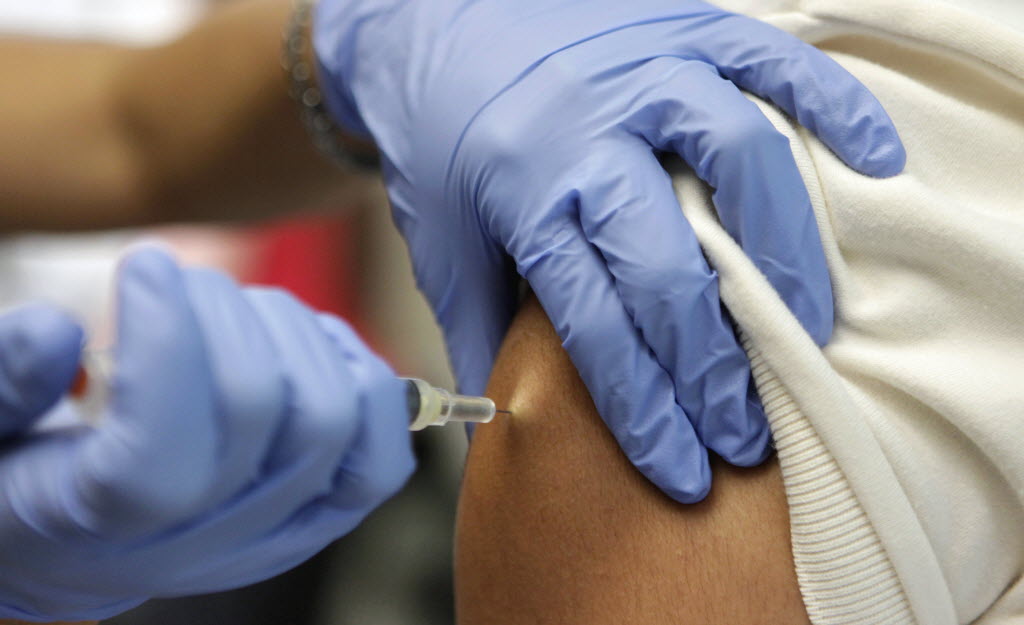Study: Whooping cough vaccine protection fades

A study conducted during Washington’s whooping cough epidemic in 2012 found that adolescents’ protection from the Tdap booster wanes within two to four years.
Acellular pertussis vaccines (the pertussis component contains only a part of the pertussis organism) replaced whole-cell vaccines for the five-dose childhood vaccination series in 1997. In 2005, health officials began recommending a sixth dose – a Tdap (tetanus, diphtheria and acellular pertussis) booster – for adolescents and adults.
Studies on vaccine effectiveness among teens who received all acellular doses of the vaccine are limited. So, using the 2012 pertussis outbreak in our state, researchers studied the vaccine’s effectiveness. The results were published in the May edition of the journal, Pediatrics.
The study included pertussis cases between January 1 and June 30, 2012 among adolescents born between 1993 and 2000.
Among adolescents who received all acellular vaccines (450 cases), the vaccine was 64 percent effective, according to the study.
The vaccine was most effective within one year of being administered – 73 percent – and declined to 34 percent two to four years after being administered, according to the study.
“Lack of long-term protection after vaccination is likely contributing to increases in pertussis among adolescents,” the researchers concluded.
The Washington State Department of Health issued a news release in response to the study.
“Whooping cough shots are not perfect, but they’re still the best way to protect yourself, your family, and especially babies from the disease,” said Chas DeBolt, communicable disease epidemiologist for the department and one of the lead authors of the study. “The vaccine is most effective during the first year after it is given, so it’s especially important that pregnant moms get the vaccine during the third trimester of each pregnancy so they can pass on protection to their babies.”
Nearly 5,000 cases of whooping cough were reported during the 2012 epidemic – the worst outbreak in the state since 1941.
Whooping cough is on the rise again this year – 387 cases have been reported as of April 25.
“We’re very concerned about the continued increase in reported cases, because this disease can be deadly for babies and take a toll on people of all ages,” DeBolt said in the news release. “Although vaccine protection wanes over time, vaccination remains the best tool we have to slow the spread of this serious disease.”
